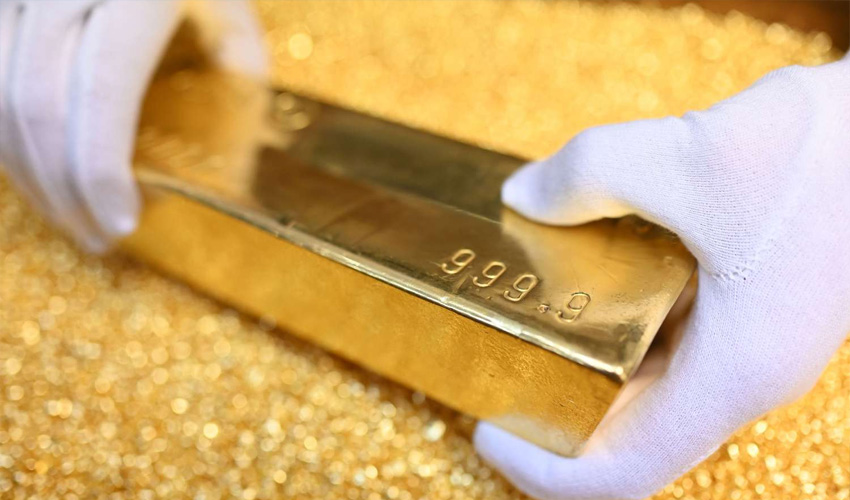The UAE is set to introduce a Domestic Minimum Top-up Tax (DMTT) starting from financial years beginning on or after January 1, 2025.
This new tax applies to multinational enterprises (MNEs) operating in the UAE with consolidated global revenues of €750 million or more in at least two of the four financial years preceding the year the DMTT takes effect.
Under the standard UAE corporate tax rate of 9%, the DMTT will require qualifying multinationals to pay an additional annual tax on their UAE-generated revenues. This move aligns with the UAE’s commitment to the Organisation for Economic Co-operation and Development’s (OECD) Two-Pillar Solution, aimed at establishing a fair and transparent global tax system.
The DMTT implementation is designed to be consistent with the OECD’s GloBE Model Rules. As part of Pillar Two, the rules mandate large MNEs to pay a minimum effective tax rate of 15% on profits in every country they operate. These rules were developed to address tax avoidance by global businesses setting up headquarters in low-tax jurisdictions.
The UAE is also exploring additional tax incentives to encourage research and development (R&D) and high-value employment activities. "The R&D tax incentive will be expenditure-based, offering a potential 30-50% tax credit and will be refundable depending on the revenue and number of employees of the business in the UAE," said a statement.
Additionally, a refundable tax credit for high-value employment activities is proposed to take effect from January 1, 2025. "This includes C-suite executives and other senior personnel performing core business functions that add substantial value to the UAE economy," said the MoF.
"The final form and implementation of the above mentioned proposed incentives, are subject to legislative approvals," said a statement. "The Ministry of Finance will provide further details and guidance for taxpayers regarding these incentives in due course."



























